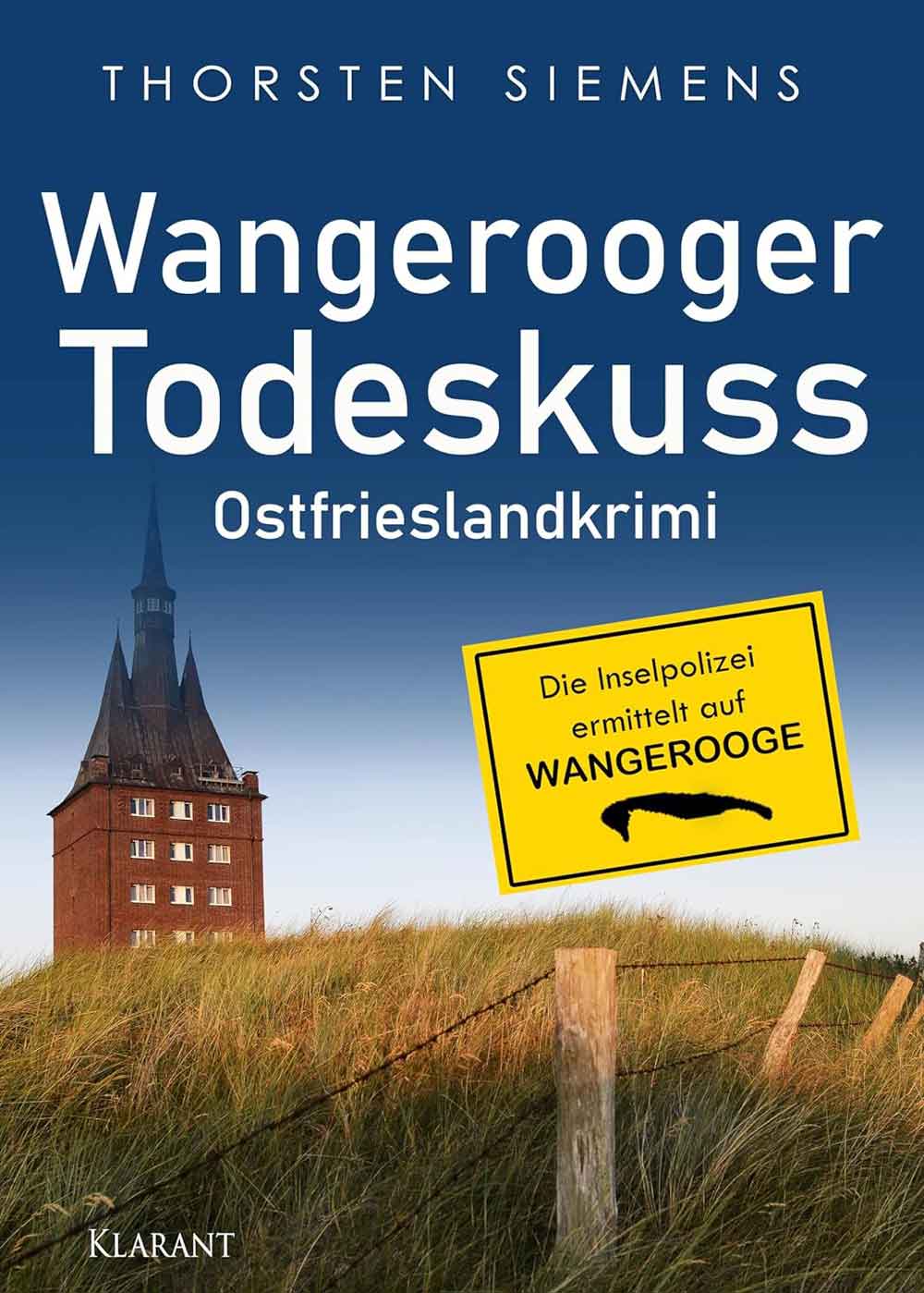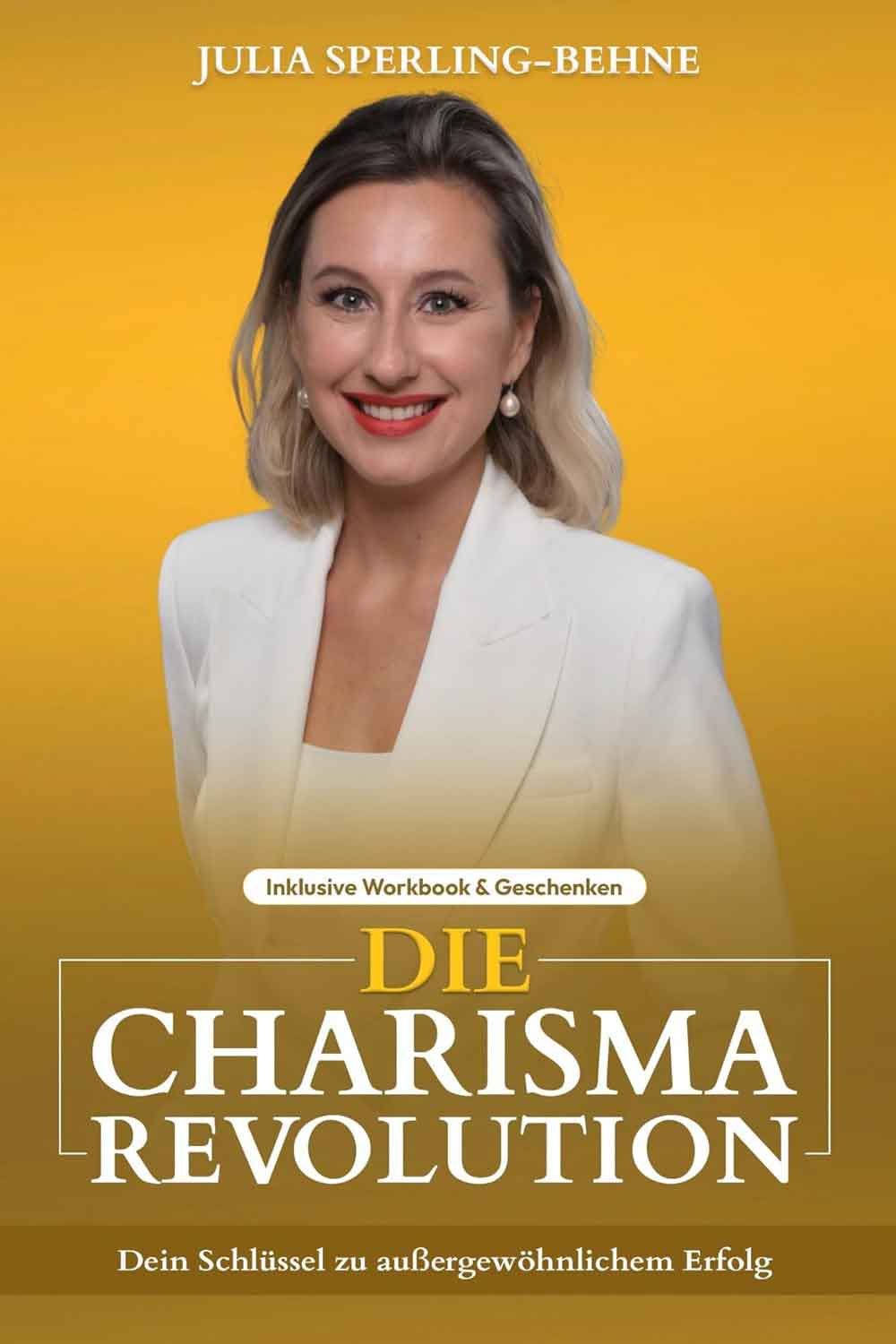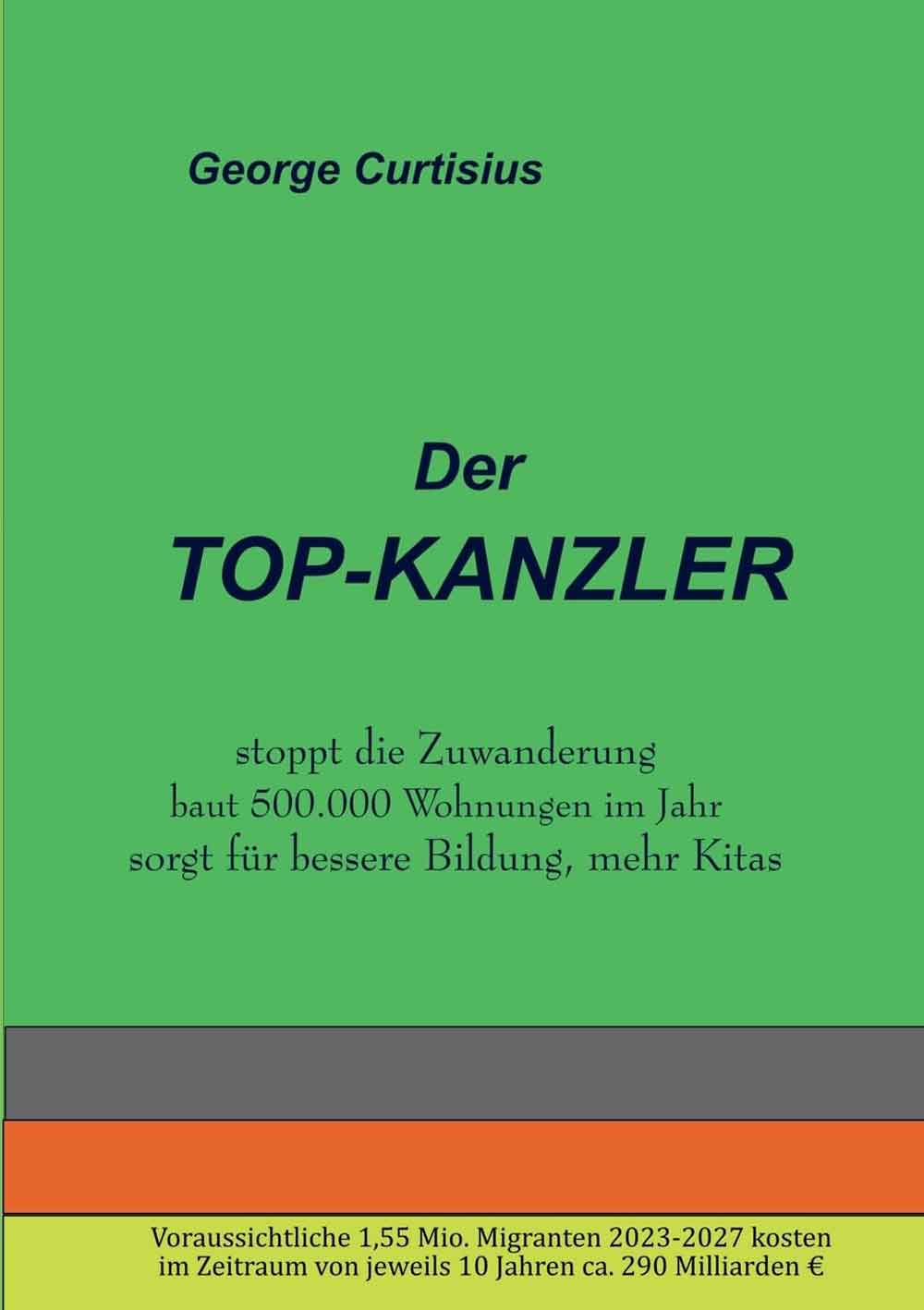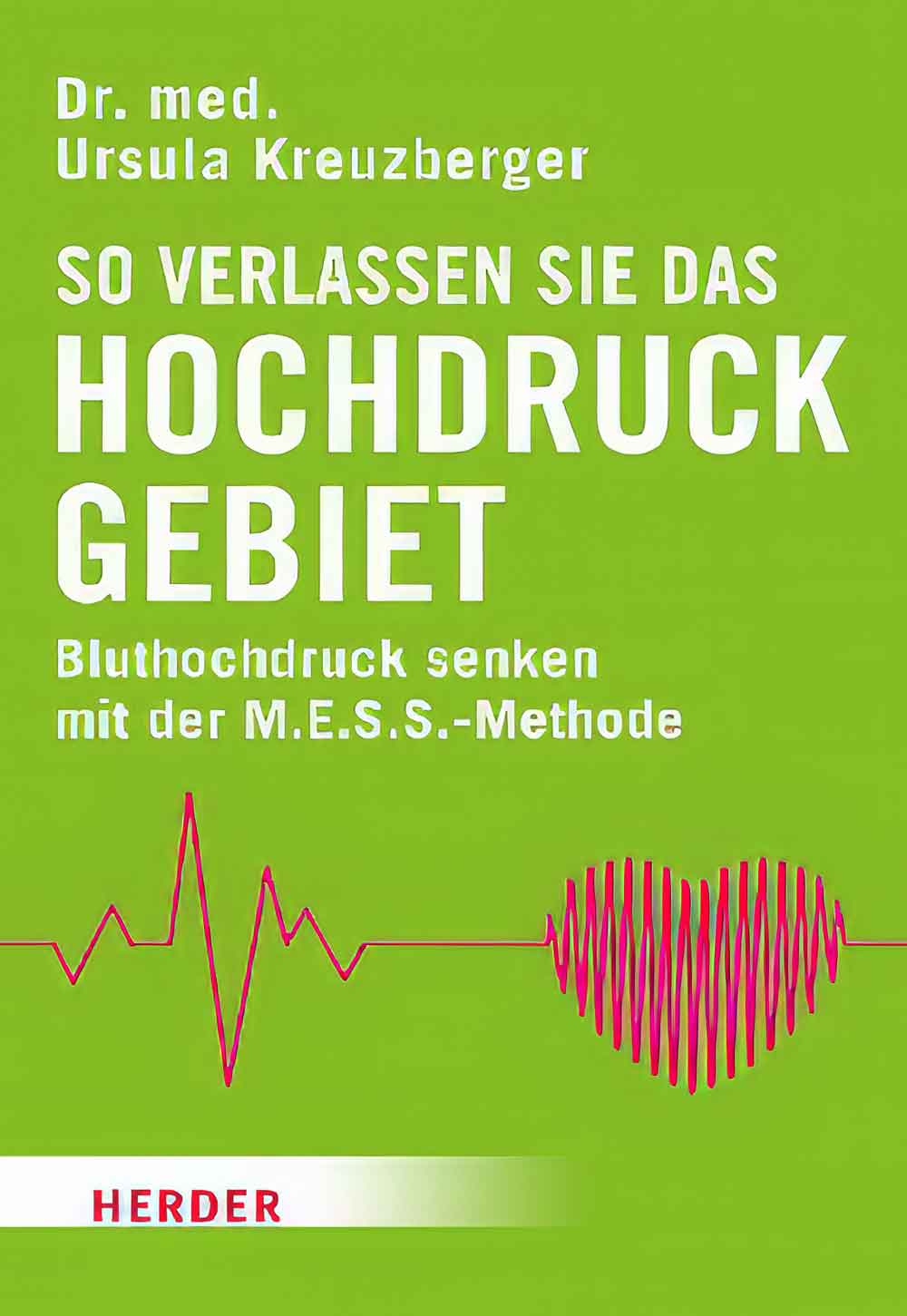In the past, the two main benefits of timeshare ownership were higher standards and exclusivity of staying in a private members' club. With most timeshare resorts now accepting bookings from non members via regular booking sites such as Booking.com, does timeshare ownership make any more financial sense than regular holiday bookings?
Cost comparison over 20 years
For the following comparison we will discount inflation as it applies to all types of holidays, including rental costs and timeshare annual fees
We will compare accommodation expenses for two fictitious British couples: Jayne and David will be our 'regular holidaymakers'. John and Mary can be our timeshare owners.
We will account for 3 different sets of relevant holiday costs, and calculate who pays the most over 20 years.
1.) Initial costs
No question here as to who pays the most . John and Mary have to pay initial costs of £15,000 to buy a Silver (low) Season week in Marriott's Marbella Beach Club, which they can use for 20 years.
There is no resale value and in fact generally timeshare owners have to pay a law firm to get them out of their contract if and when they want to leave
Jayne and David have no initial costs
Timeshare costs - £15,000. Regular holidays - £0
2.) Annual costs to stay in Marriott (for direct comparison)
Marriott's Marbella Beach Club (MBC) listed at £746 with Booking.com to stay the third week in January for Jayne and David. This Silver Season week in the same resort has an annual maintenance cost of £828 (€927).
Amazingly, John and Mary are paying more annually to stay in MBC through their timeshare membership than Jayne and David via Booking.com. We will assume each couple stays 10 times in MBC and 10 times opt to holiday somewhere else in the world
Timeshare costs - £8280 . Regular holidays - £7460
3.) Costs of staying elsewhere
Timeshare owners stay in other locations than their home resort via an exchange company. RCI are the biggest such companies, so we will use their prices.
John and Mary´s cheapest 20 year membership option (without inflation) will cost them £1004. They still have to pay their annual MBC fees adding up to £8280 for the ten years. Each year they exchange to another destination they also need to pay RCI £184 for the privilege, totalling £1840
Jayne and David are still paying their previous cost of £746 a year. There are no exchange fees for them.
Timeshare costs - £11,124. Regular holidays - £7460
Total costs over 20 years
Jayne and David are the clear winners by booking through regular sites. They will pay less than half of the costs that John and Mary will face.
The initial outlay for timeshare membership, plus annual and operational costs mean that John and Mary are paying significantly more for the same standards, at the same time, as Jayne and David.
Timeshare total costs - £34,404. Regular holidays - £14,920
Conclusion
“This is really exactly what we could expect”, says Andrew Cooper, CEO of European Consumer Claims (ECC). ”Timeshare companies sold themselves on exclusivity and high standards, but when they started renting their spare inventory to anyone who was not a member, convincing people to signing up with them became a very tough sell.”
“Also the study doesn't take into account the fees that timeshare owners usually have to pay for specialist legal help to get out of their contract when they no longer want their membership.”
“The non owners have other advantages, including flexibility: In years that they don't go on holiday (for example during the pandemic) non owners are not obligated to pay for holidays they don't use. Timeshare owners have to pay every year no matter what their circumstances.”
A relentlessly touted ARDA (timeshare sponsored) study claims that 85% of timeshare owners are happy with their ownerships. Although it should be noted that an independent study by the University of Central Florida showed the reverse to be true (85% of timeshare owners regret buying). But with the extra expense, and other disadvantages of timeshare ownership, it becomes difficult to believe that even 15% of members could be happy with the situation.
So what are we missing?
Andrew Cooper explains: "Most timeshare purchases were not about saving money. Members understood that timeshare wasn't cheaper, just better. In the same way that a Ferrari costs more than a Fiat. Nobody expects them to be comparable in price.
"By renting to non members, resorts engineered their own downfall . It generated revenue in the short term to make up for the massive drops in new member sales, but at the same time it removed any convincing reason for anyone to pay extra for something they can get cheaper on the internet."
If you own a timeshare you no longer want, contact ECC for advice on relinquishment or to find out if you are able to claim compensation.
Related links
- Is there a future for the timeshare industry?
- Timeshare owners' fury at “pandemic profiteering”
- Why Buying a Timeshare Is a Bad Idea
- Marriott Marbella Beach Club on booking.com
- Marriott maintenance fee
- RCI exchange fees
- ARDA timeshare satisfaction survey
- European Consumer Claims
- University of Central Florida independent study
- Is timeshare a thing of the past?
- ECC contact page
- Escaping unwanted timeshare memberships







































 Gütsel RSS Feed
Gütsel RSS Feed


















































